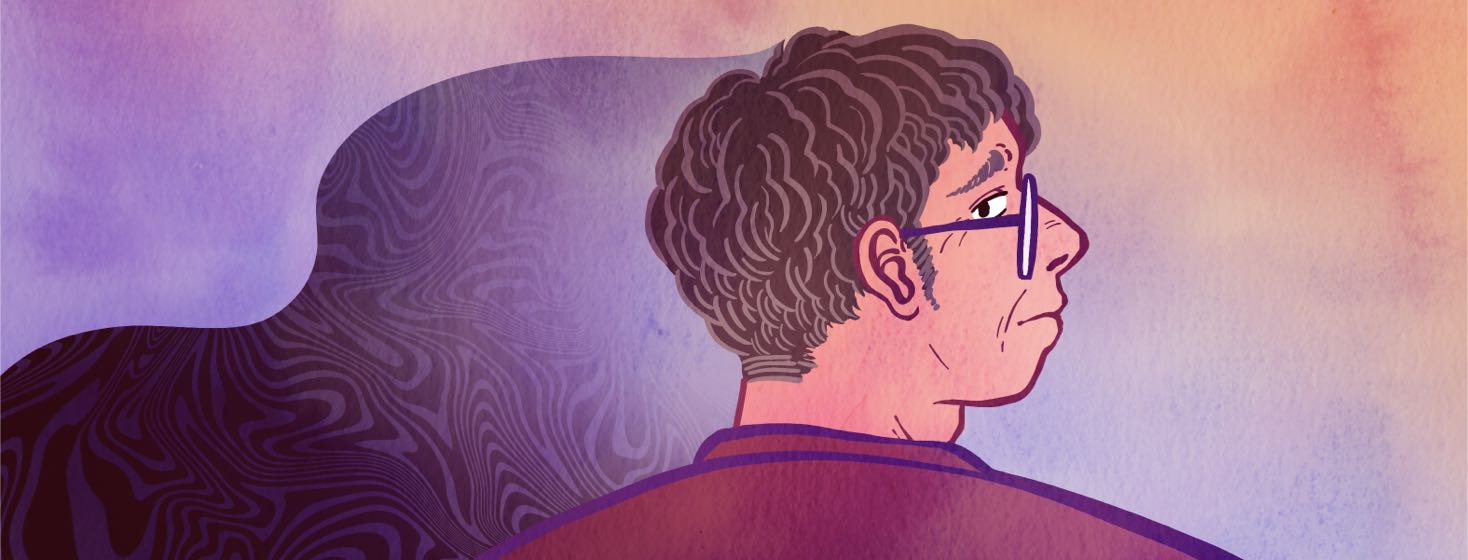Prostate Cancer is Not Just an Older Man’s Disease
I always thought prostate cancer was an “old man’s” disease. After all, I didn’t know anyone who had it. And I understood that prostate cancer could affect male erections and urinary control. But I figured that by the time men experienced those issues, they were already too old to care. I even heard some people say it’s “the good” cancer and that most men died “with it” rather than “from it.”
Therefore, I believed prostate cancer wasn’t serious. And since I was young and healthy, it was never on my radar, and I never gave it any thought. That is until my diagnosis with prostate cancer at age 57.
Thinking my diagnosis was a mistake
I couldn’t believe it and thought it was a mistake. How could I possibly have prostate cancer? I was still young and in great physical shape with no health issues. And I didn’t have any family history. It made no sense and completely threw me for a loop.
The first thing I thought about was my erections and the fact that I didn’t want to lose them. My wife and I were still very active in the bedroom, and the thought of losing my erections was unthinkable. And to make matters worse, my cancer was mildly aggressive with a Gleason score of 4+3=7, and my PSA was rising fast. Therefore, I felt my life was over, at least as I knew it.
Before my diagnosis, I took my erections for granted and assumed they would be with me to the end of my days. I know that losing the ability to have an erection isn’t the end of the world. But to me, it was a big part of my world and an essential part of my manhood. It was a hard pill to swallow, and I was utterly devastated by the news.
Learning as much as I could
But then I realized I was overreacting and didn’t know all the facts or anything about my diagnosis. I found it essential to learn as much as possible about prostate cancer and all the facts about my diagnosis.
Humans tend to run on emotion rather than logic, and it’s easy to jump to conclusions without all the facts. And the facts are there are many treatments available depending on your specific case. And it’s vital to seek multiple opinions and ensure you understand your test results.
Not all cancer needs treatment, and no single option is best for everyone. Many factors must be considered, such as your age, life expectancy, overall health, and how far cancer has invaded.
Still making a rushed decision
Even though I considered these factors, I made a rushed decision and opted for surgery.
However, despite the quick decision, I’m pleased to say that my erections have returned. Although, they are no longer spontaneous and indeed not of the same quality. For more details, please read my article Sex and Intimacy After Prostate Cancer Surgery.
Dispelling the "old man's" disease myth
Since my diagnosis, I’ve learned a lot about prostate cancer. And I’ve met many men diagnosed at various stages. And most of them are in their fifties, with some younger, making it clear that prostate cancer is not just an “old man’s” disease. Some of these men opted to monitor their cancer, while others opted for different treatment options.
And I’ve met some men in their eighties and nineties whose erections are still essential to their lives. Thus, throwing out my theory that older men are no longer interested in sexual intercourse.
And unfortunately, I’ve met many men diagnosed with prostate cancer who have since passed away, while others are living with the horrible impacts of the disease and treatment. Thus, throwing out the idea that prostate cancer is “the good” cancer.
Early detection is key
It’s important to note that I had no symptoms, even though the cancer was already in the final stage before breaching my prostate. Please take your health seriously, and don’t believe you are too young to get cancer. There is nothing good about cancer. And the best hope for successful treatment and recovery is early-stage detection.

Join the conversation